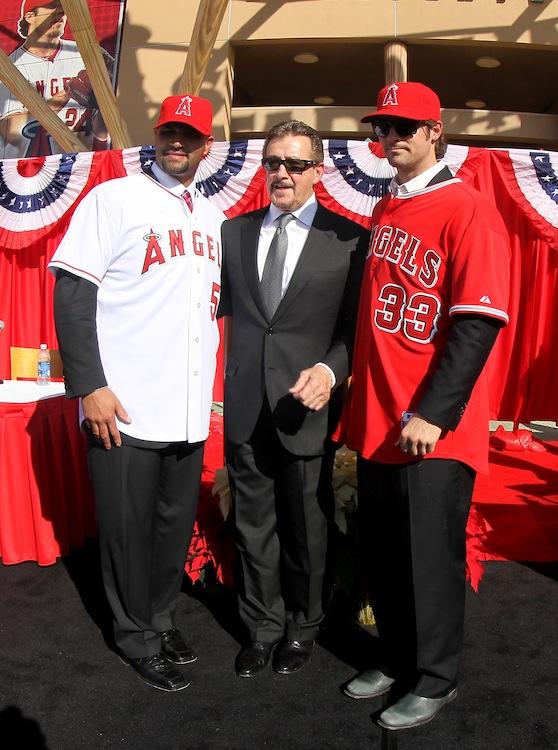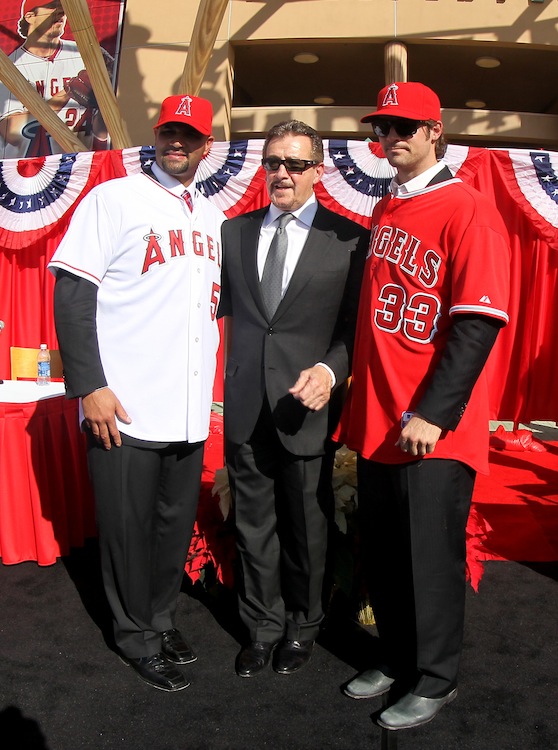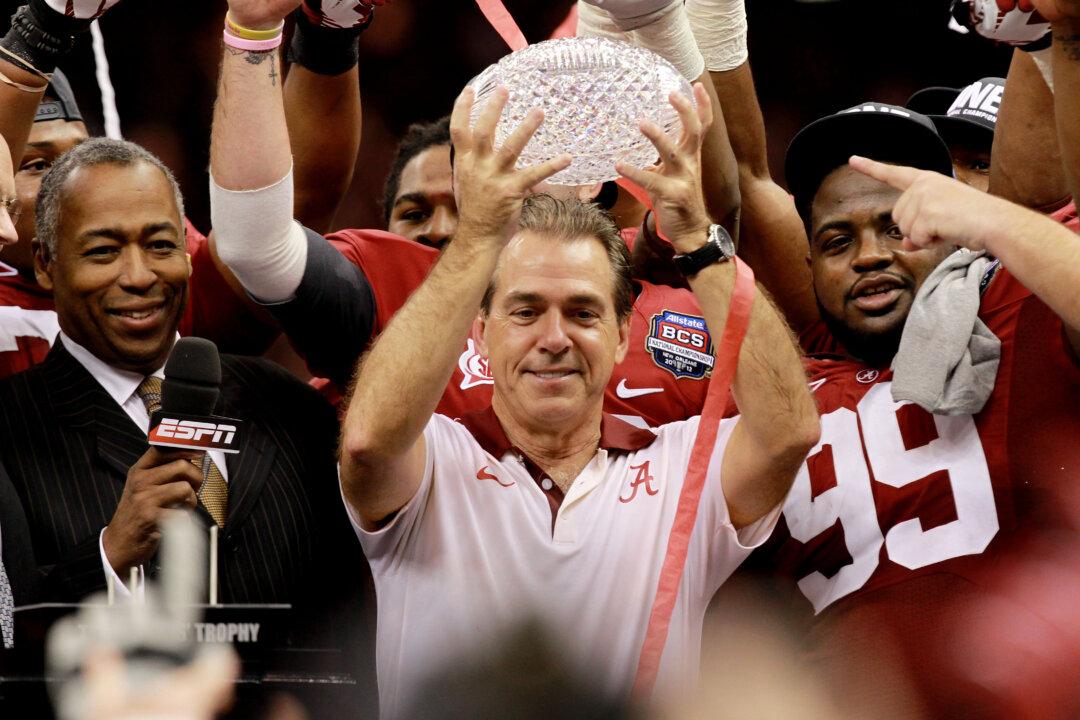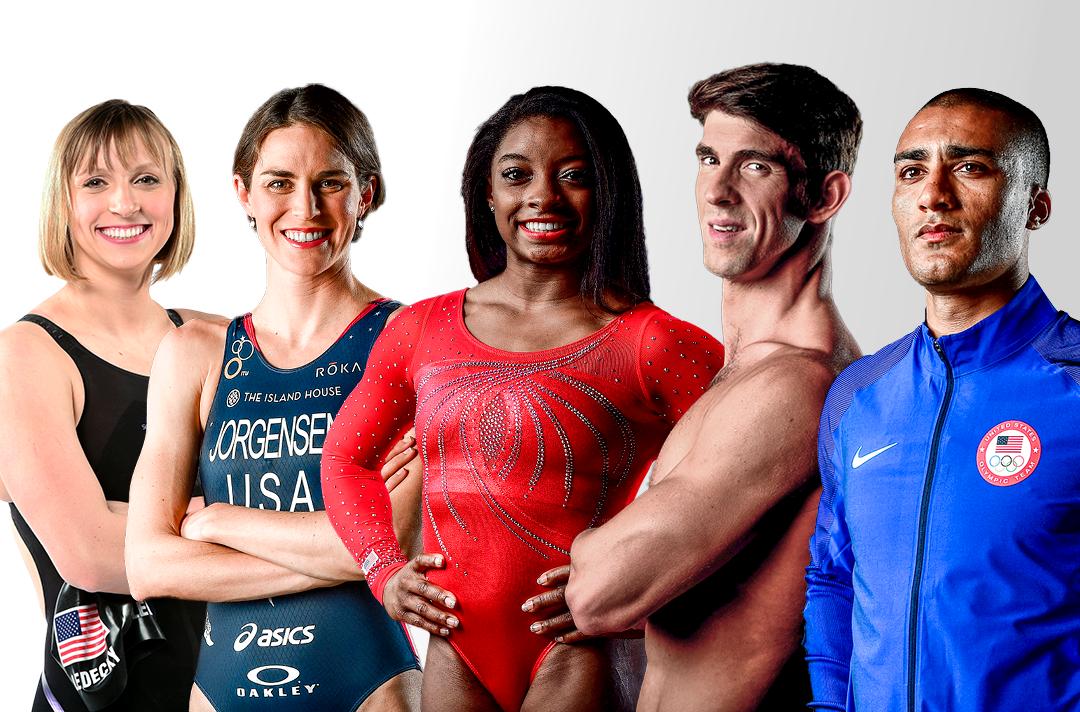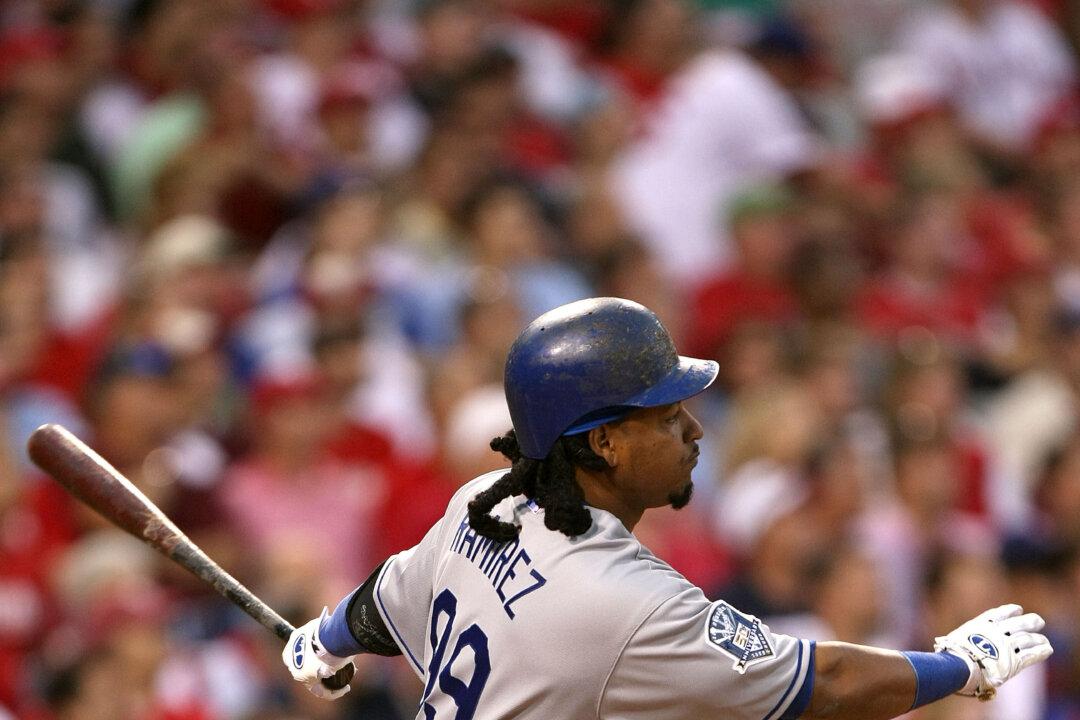Both the Marlins and Angels made headlines this offseason, signing some of most expensive free agents available. With it they plan to alter their teams’ fortunes in the near-future, while worrying about any long-term implications later.
With the pricey additions of free agent shortstop Jose Reyes (six years, $106 million), starting pitcher Mark Buehrle (four years, $58 million), and closer Heath Bell (three years, $27 million), the newly relocated Miami Marlins have made quite an expensive commitment into previously uncharted territory.
The Marlins made a habit of trading their better players (like Josh Beckett and Miguel Cabrera) before losing them via free agency, and have already long-exceeded last year’s payroll of $56 million with an expected player-salary commitment somewhere between $100 million and $110 million for the 2012 season. The new strategy is based on the the expected influx of revenue that their new stadium will generate, though it seems unlikely that they can add any other high-priced acquisitions before any of the deals expire following the 2014 season.
Meanwhile the Angels, which already has one of the better starting rotations in baseball with Jered Weaver, Ervin Santana and Dan Haren, added to it by signing C.J. Wilson (five years, $77.5 million). But their big prize was getting first baseman Albert Pujols to head west. The three-time MVP is the best bat in the game but it took a 10-year, $254 million commitment to sign Pujols, who will be 32 before spring training starts.
Pujols will initially provide the much-needed punch the Angel offense is lacking. But the final few years of the contract will pay a well-past-his-prime hitter roughly $20 million per season—not the makings of a success model.

